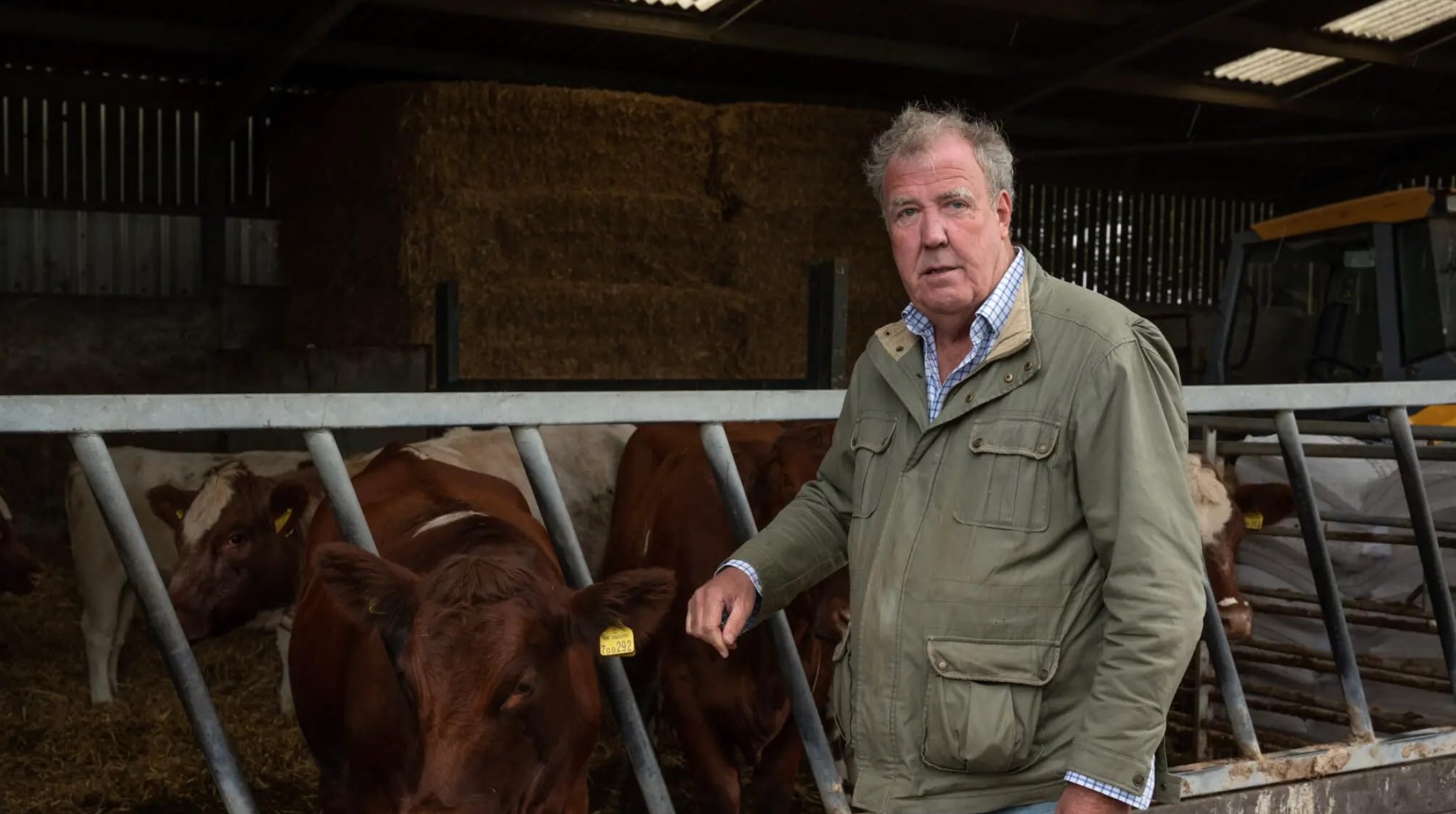“Here’s an idea,” wrote Jeremy Clarkson on X. “Instead of national service, which is obviously idiotic, how about kids working on farms.” Cue the inevitable mockery: the lads of Chipping Norton are turning to Chairman Mao for inspiration. Yet, when you think about it, Clarkson’s suggestion is not so stupid.
The same geopolitical events forcing politicians to turn their attention to military budgets and national service are also causing them to reconsider some of the most basic tenets of our economy — including farming. For much of the previous few decades, we took for granted that global supply chains were secure and current account deficits mattered little, because Britain could always attract investment from abroad. After the pandemic, Russia’s invasion of Ukraine and the Liz Truss-induced national meltdown, the world looks very different.
Where Britain once looked well-suited to the modern, globalised world economy — an open, liberal floodplain for global cash to wash into — today the country looks particularly vulnerable. Having sold off much of our core infrastructure, we are more dependent than most for some of the basic necessities of modern life: chemicals, steel, oil, gas and, of course, food. Our dependence on such imports contributes to the persistent and increasingly enormous current account deficit, placing pressure on the pound which itself seems to get ever weaker without ever producing the expected export growth.
In a world of high interest rates, low growth and global protectionism, Britain’s persistent trade deficit is a real source of vulnerability. In one sense, we simply buy too much from the rest of the world for the amount that we sell to them. If Britain is to find its way onto a more secure, stable economic footing, then it needs to produce more at home. But what? Energy is a good place to start, but we are dependent on foreign wind turbines and solar panels to go green. Chemicals would have helped, but we sold off our plants. Mass reindustrialisation looks all-but impossible. Producing and eating more British food is one easy and potentially popular way to improve the current account deficit, while also leaving us less vulnerable to sudden shocks.
To get there, however, requires state subsidies and protectionism, which also means more expensive food, just as producing British energy with British infrastructure will also mean more taxpayers’ money upfront. As mad as it sounds, Clarkson might be onto something with his idea of national farm service. It’s also less likely to lead to the breakup of the union than Rishi Sunak’s half-baked plan to impose national service. Remember, the last time a government tried to do that across the whole of what was then a United Kingdom of Great Britain and Ireland, it led to revolution and secession.
Jeremy Clarkson the visionary. I never thought I’d write that.











Join the discussion
Join like minded readers that support our journalism by becoming a paid subscriber
To join the discussion in the comments, become a paid subscriber.
Join like minded readers that support our journalism, read unlimited articles and enjoy other subscriber-only benefits.
Subscribe